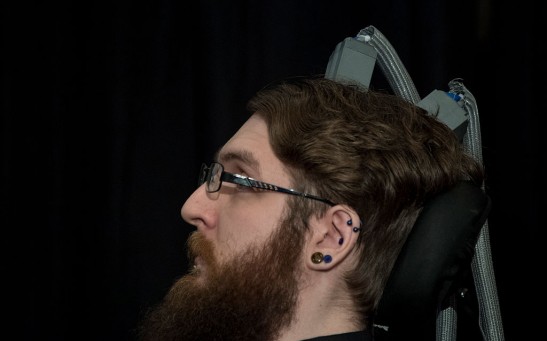neuroscience
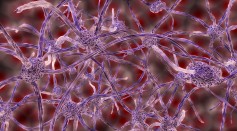
Electrical Stimulation on a Specific Group of Neurons Restored Ability To Walk in Paralyzed Patients
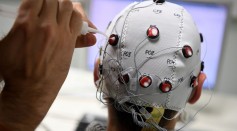
First Neural Signals Recorded; Wyss Center for Bio and Neuroengineering Introduces New Technology To Help People With Paralysis With Their Daily Life
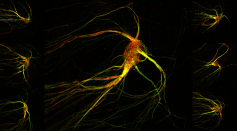
Neural Cartography of Smell: How Olfactory Sense Maps With the Brain Neurons; Here's What Science Says
Arrow of Time and Its Long-Time Mystery Unlocked in New Research

Cerebrospinal Fluid Reverses Age-Related Memory Loss in Mice; A Potential Treatment for Neurodegenerative Diseases Like Dementia

Countless People Claim Near-Death Experiences; Are the Glimpses of Afterlife Just Hallucinations?
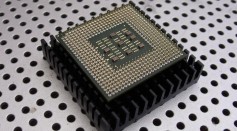
Paralyzed Man Speaks and Asks for Beer Using His Mind Through Microchip Brain Implant

How Does the Brain Processes Fear? Scientists Discovered Novel Mechanism That Could Help Create New Drug to Target Anxiety Symptoms

Heightened Brain Activity While Asleep to Perceive Unfamiliar Voices Could Be An Evolutionary Trick Against Potential Threats
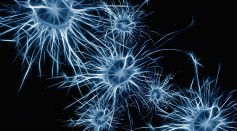
How Are Memories Stored? Tailor-Made Microscope Shows How Brain Cells Create New Synapses in Groundbreaking Study
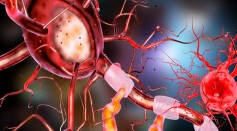
How Neurons Work? Neuroscience Model of Hebbian Theory Shows Neuronal Circuits Working Like Wires
Photobiomodulation Therapy Could Potentially Treat Neurodegenerative, Other Brain Disorders Using Near-Infrared Light
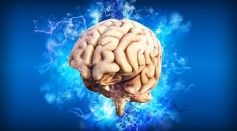
Specific Neurons Responsible for Associative Memory Finally Identified, Filling the Missing Piece of How Brains Create Memories
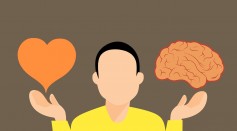
Racing Heart Can Hijack Neurons, Affecting Decision-Making Process of Human Brain
Most Popular

How Technology Is Changing the Real Estate Industry?

How a Plant-Based Diet Can Protect Against Breast Cancer: Insights from Nutrition Research

Study Reveals High Turnover in Scientific Research Careers: What This Means for Future Scientists

Why It's So Difficult to Lose Weight: The Biological Explanation Behind Obesity

